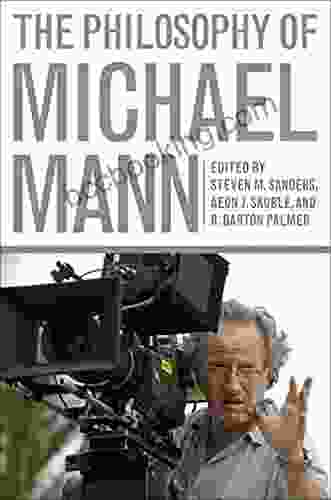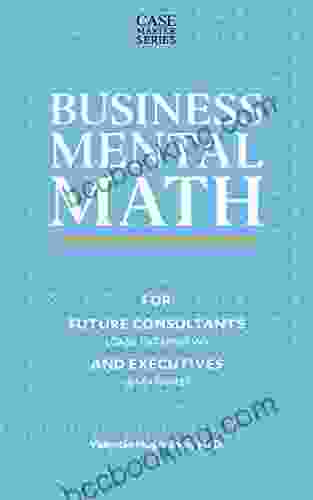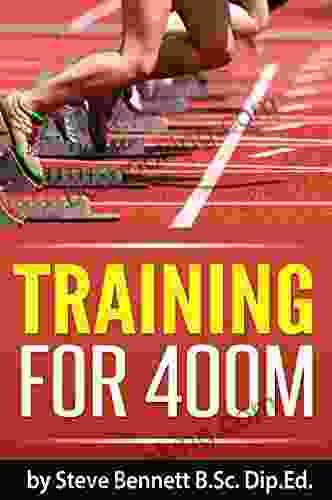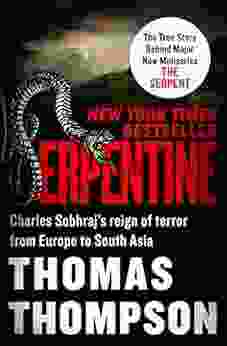The Philosophy of Michael Mann: Unraveling the Profound Thought Behind Popular Culture


5 out of 5
| Language | : | English |
| File size | : | 1175 KB |
| Text-to-Speech | : | Enabled |
| Screen Reader | : | Supported |
| Enhanced typesetting | : | Enabled |
| Word Wise | : | Enabled |
| Print length | : | 286 pages |
| Lending | : | Enabled |
Michael Mann, the enigmatic auteur behind cinematic masterpieces like 'Heat,' 'The Insider,' and 'Collateral,' has captivated audiences with his gritty realism, taut storytelling, and profound exploration of human nature. His films are not mere entertainment; they are philosophical inquiries into the complexities of the human condition.
In this article, we delve into the philosophy of Michael Mann, uncovering the underlying ideas and themes that permeate his work. We will explore the philosophical questions Mann raises about crime, morality, justice, and the nature of filmmaking itself.
The Complexity of Crime
Mann's films often center around the world of crime and law enforcement. In 'Heat,' he presents a nuanced portrayal of both sides of the aisle, blurring the lines between good and evil. His characters are not simply heroes or villains but complex individuals with their own motivations and struggles.
Mann believes that crime is not merely an act of moral transgression but a reflection of society's own failures. He explores the social and economic factors that drive people to commit crimes, shedding light on the complexities of human behavior.
The Ambiguity of Morality
Mann's characters are often torn between their moral principles and their personal desires. In 'The Insider,' a tobacco executive grapples with the ethical implications of exposing the industry's deadly secrets. 'Collateral' follows a cab driver who is forced to confront his own morality when he unwittingly becomes a getaway driver for a hitman.
Mann's films challenge traditional notions of right and wrong. He argues that morality is not always black and white and that even the most righteous individuals can be capable of questionable actions.
The Pursuit of Justice
Mann's fascination with the criminal underworld extends to his exploration of the justice system. In his films, justice is often elusive, and the pursuit of it can have devastating consequences.
In 'Heat,' the relentless pursuit of justice by Lieutenant Vincent Hanna (Al Pacino) ultimately leads to his own destruction. 'The Insider' reveals the lengths to which powerful corporations will go to suppress the truth.
Mann's films suggest that justice is a complex and imperfect concept, and that the pursuit of it can sometimes do more harm than good.
The Art of Filmmaking
Beyond his philosophical explorations, Mann is also a master filmmaker. His films are known for their meticulous attention to detail, their technical brilliance, and their ability to immerse the audience in the story.
Mann believes that filmmaking is not simply a matter of entertainment but a means of examining the human condition. He uses his films to explore philosophical ideas and provoke introspection in his audience.
In 'The Philosophy of Popular Culture,' a collection of essays on Mann's work, author Paul A. Cantor argues that Mann "has been able to create a body of work that is both aesthetically pleasing and philosophically challenging."
Michael Mann is a master storyteller who uses the medium of film to explore profound philosophical questions. His work delves into the complexities of crime, morality, justice, and the nature of filmmaking itself.
By uncovering the philosophical underpinnings of Mann's films, we gain a deeper understanding of his artistic vision and the enduring power of his work. 'The Philosophy of Michael Mann' invites us to engage with his cinematic masterpieces on a new level, appreciating them not only for their entertainment value but also for their philosophical insights.
5 out of 5
| Language | : | English |
| File size | : | 1175 KB |
| Text-to-Speech | : | Enabled |
| Screen Reader | : | Supported |
| Enhanced typesetting | : | Enabled |
| Word Wise | : | Enabled |
| Print length | : | 286 pages |
| Lending | : | Enabled |
Do you want to contribute by writing guest posts on this blog?
Please contact us and send us a resume of previous articles that you have written.
 Book
Book Novel
Novel Page
Page Chapter
Chapter Text
Text Story
Story Genre
Genre Reader
Reader Library
Library Paperback
Paperback E-book
E-book Magazine
Magazine Newspaper
Newspaper Paragraph
Paragraph Sentence
Sentence Bookmark
Bookmark Shelf
Shelf Glossary
Glossary Bibliography
Bibliography Foreword
Foreword Preface
Preface Synopsis
Synopsis Annotation
Annotation Footnote
Footnote Manuscript
Manuscript Scroll
Scroll Codex
Codex Tome
Tome Bestseller
Bestseller Classics
Classics Library card
Library card Narrative
Narrative Biography
Biography Autobiography
Autobiography Memoir
Memoir Reference
Reference Encyclopedia
Encyclopedia Hamish Bowles
Hamish Bowles Wade Davison
Wade Davison Wendy Francis
Wendy Francis Tracy Hogg
Tracy Hogg William D Cohan
William D Cohan Traci Lords
Traci Lords Val Shushkewich
Val Shushkewich Suzanne Swedo
Suzanne Swedo Wei Meng Lee
Wei Meng Lee Tim Judah
Tim Judah Sierra Wilson
Sierra Wilson Paul Hawken
Paul Hawken Steve Klabnik
Steve Klabnik Truitt Wieland
Truitt Wieland Zan
Zan Sue Dumais
Sue Dumais W Somerset Maugham
W Somerset Maugham Stephanie V W Lucianovic
Stephanie V W Lucianovic W Scott Elliot
W Scott Elliot Rachel Lynn Solomon
Rachel Lynn Solomon
Light bulbAdvertise smarter! Our strategic ad space ensures maximum exposure. Reserve your spot today!

 Josh CarterDomestic Girlfriend Volume 228: An Unforgettable Tale of Love, Betrayal, and...
Josh CarterDomestic Girlfriend Volume 228: An Unforgettable Tale of Love, Betrayal, and... Philip BellFollow ·13.9k
Philip BellFollow ·13.9k Zadie SmithFollow ·13.6k
Zadie SmithFollow ·13.6k Roland HayesFollow ·12.2k
Roland HayesFollow ·12.2k William GoldingFollow ·8.6k
William GoldingFollow ·8.6k Finn CoxFollow ·5.2k
Finn CoxFollow ·5.2k Foster HayesFollow ·17.5k
Foster HayesFollow ·17.5k Devin RossFollow ·19.9k
Devin RossFollow ·19.9k Reginald CoxFollow ·19.4k
Reginald CoxFollow ·19.4k

 Amir Simmons
Amir SimmonsImmerse Yourself in the Enchanting Realm of Nora Roberts'...
Prepare to be captivated by...
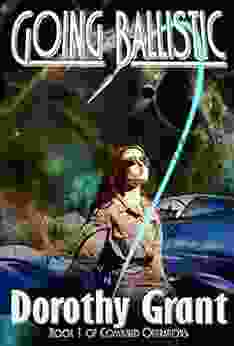
 Dan Henderson
Dan HendersonUnleash the Explosive Action of Going Ballistic Combined...
Prepare for an...
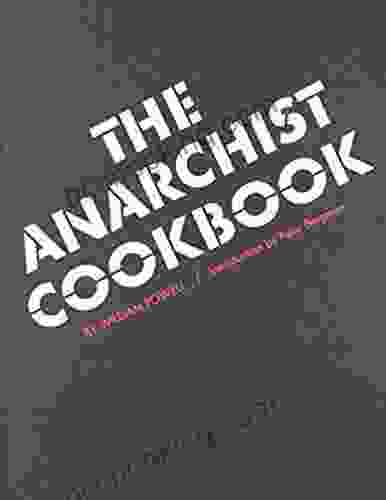
 Jeffery Bell
Jeffery BellDiscover the Controversial and Captivating "The Anarchist...
In the realm of literature, there are...
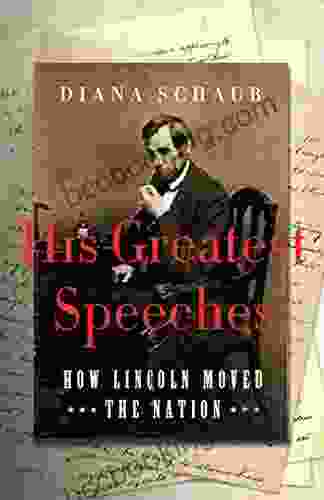
 Ryan Foster
Ryan FosterUnveiling Lincoln's Eloquence: How His Greatest Speeches...
In the annals of American...

 Jaime Mitchell
Jaime MitchellLove Radio Vinny Berry: A Journey of Heartbreak, Healing,...
Vinny Berry's...
5 out of 5
| Language | : | English |
| File size | : | 1175 KB |
| Text-to-Speech | : | Enabled |
| Screen Reader | : | Supported |
| Enhanced typesetting | : | Enabled |
| Word Wise | : | Enabled |
| Print length | : | 286 pages |
| Lending | : | Enabled |


